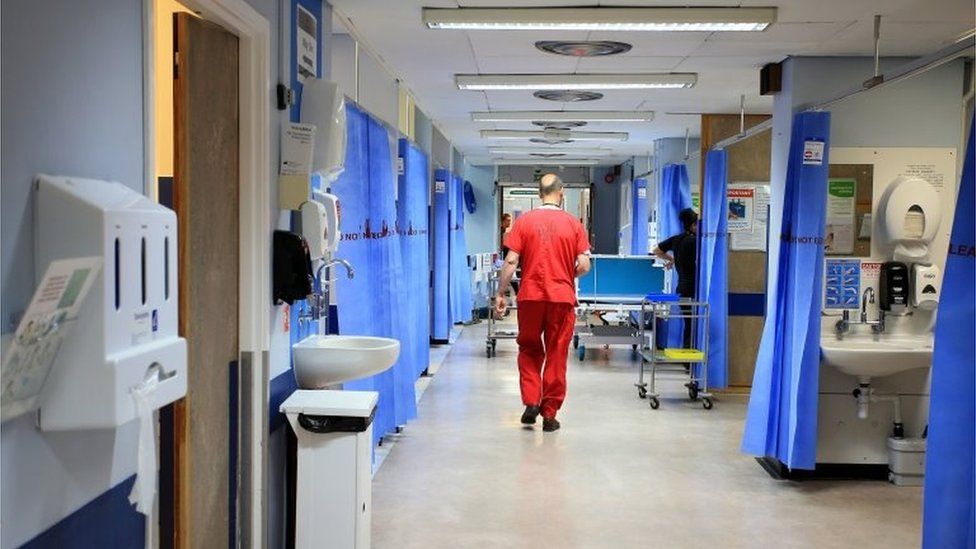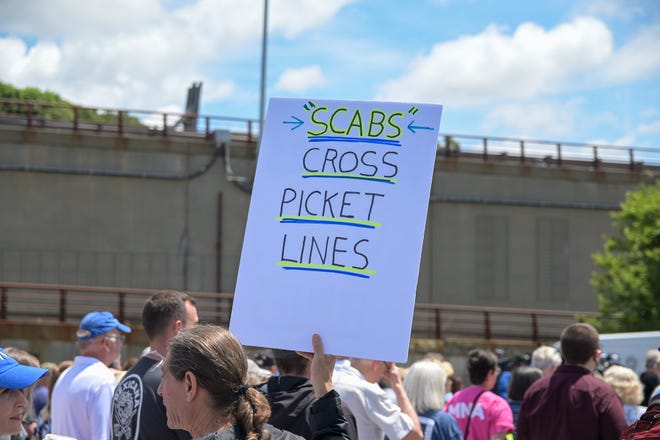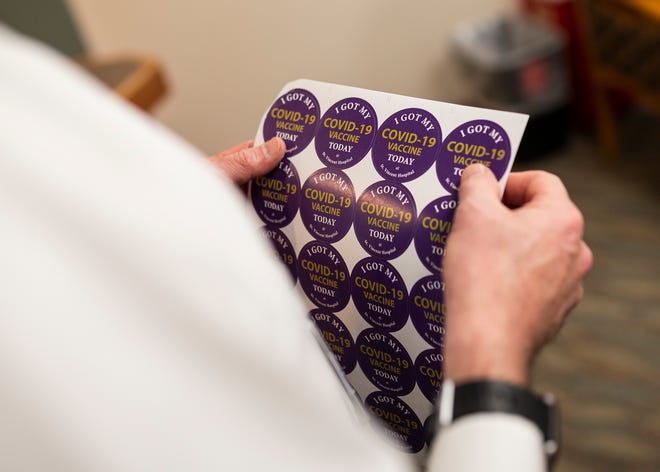/https://www.therecord.com/content/dam/therecord/news/waterloo-region/2021/06/30/waterloo-region-workers-take-step-closer-to-strike/kwr061512_regional_hq.jpg)
More than 1,200 Waterloo Region workers take step closer to strike
By Waterloo Region Record
Wed., June 30, 2021
WATERLOO REGION — After more than a year of talks, more than 1,200 unionized workers at the Region of Waterloo are closer to a strike.
The workers, represented by the Canadian Union of Public Employees locals 5191 and 1883, are requesting what is known as a no-board report, which can take a few days to be issued. Once that happens, workers would be in a legal strike position 17 days later.
The workers include 300 paramedics and logistics staff, and more than 900 inside workers in public health, child care, social services, finance, IT, housing, administration, museums, libraries, bylaw enforcement, engineering, airport, landfill and transportation.
Negotiations have stalled after more than a year of “unproductive” talks, the union says in a news release.
Noelle Fletcher, president of CUPE 1883, said her members are concerned about job security, lack of investment in mental health and possible layoffs as the region continues to cut services.
“Paramedics are burnt out,” said Luke McCann, president of paramedics local.











